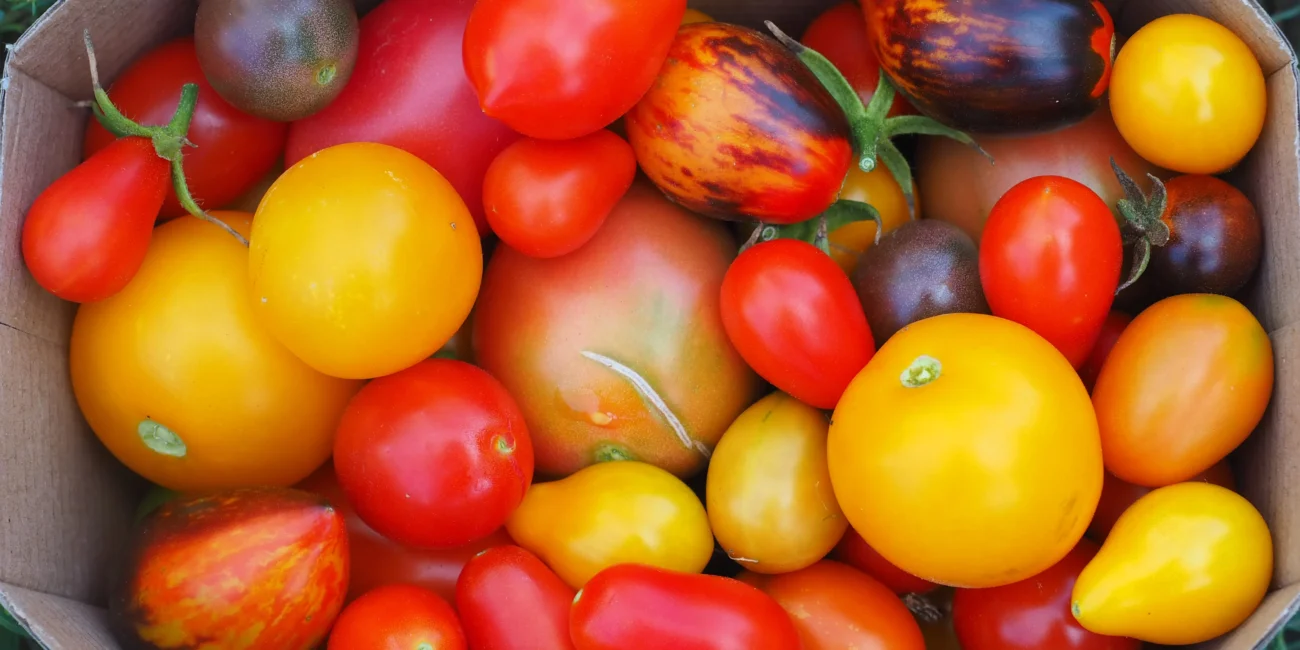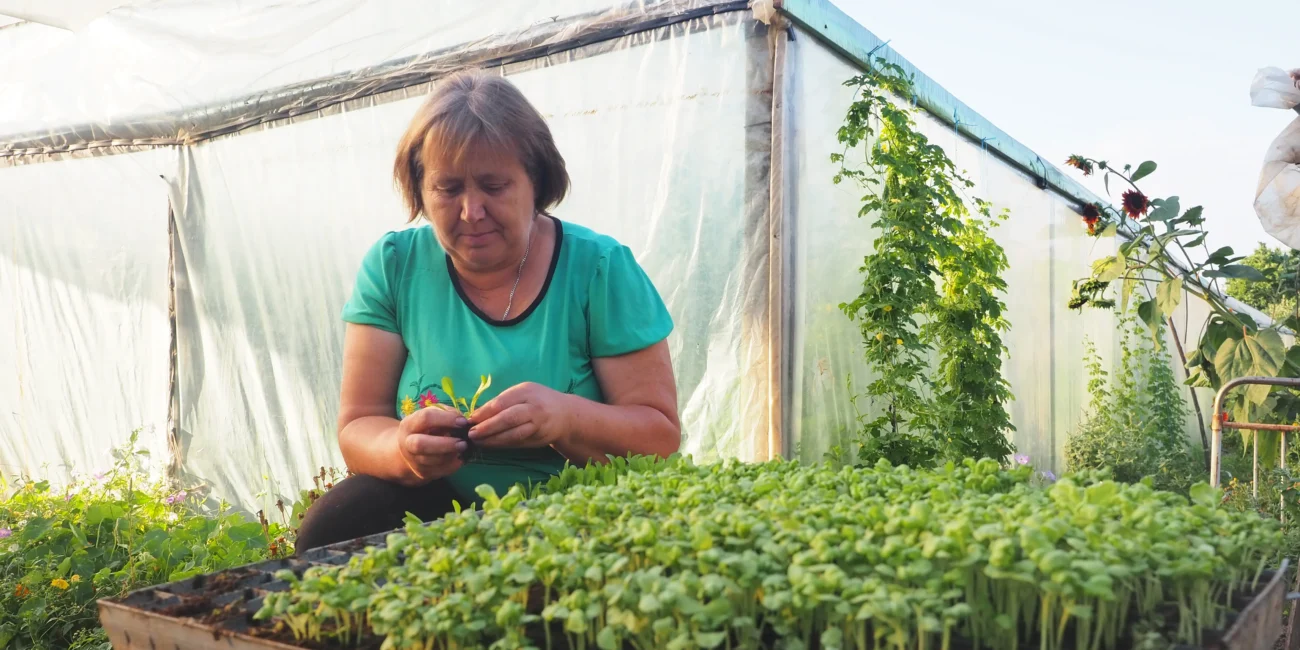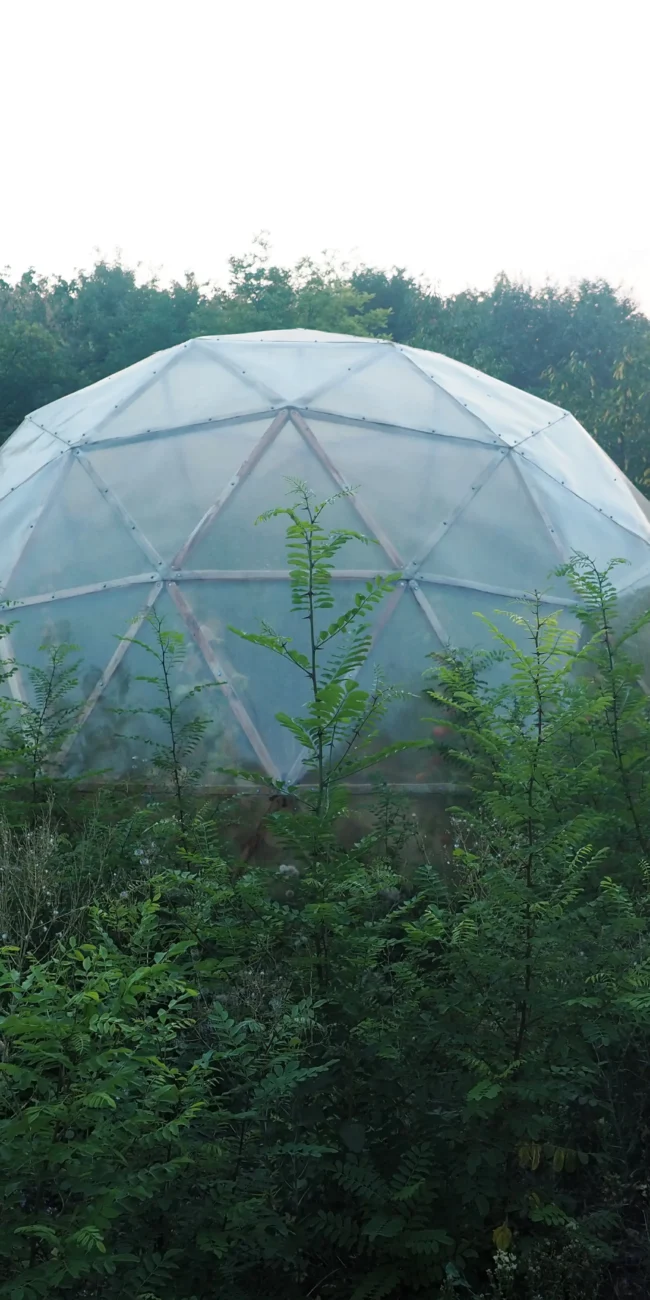It became trendy in the Western world, but in Moldova — people have always grown their food.
I’ve often heard that the soil in Moldova is excellent for growing food. Every family has a lush garden with vegetables and grapes somewhere. The spring starts with cherries. Summer ends with fresh wine. Still, for a foreigner, finding organic vegetables is difficult, especially if you seek a variety of them. One has to know the right places.
North Atlantic island sit dolor inspiration for life is a pseudo Latin text used in web design, typography.
In fact, according to the Ministry of Agriculture and Food Industry, eco-farming officially only accounts for less than two percent of the total agricultural area in Moldova.
To find the few green Moldovan farmers, the weekends in our family almost always start with a visit to the Chisinau farmer’s market. We buy our organic watermelons from Roman from Eco Gradina. We get our fresh-pressed oil from Nicolae from Ulei Viu, and our weekly stash of tomatoes and kale from Gori’s Tomatoes.
It took time to find what works best for our family, but it was worth it. Gori’s tomatoes are the sweetest and the juiciest I have ever tasted! We can eat the whole box in one go like candy.

Often, Nadejda Gori greets us with a wide smile and a kind look behind the counter. It’s a wonderful way to start the weekend. I have always wondered what is the story behind these boxes of tomatoes.
So we went to visit her. Nadejda and her husband Valeriu opened their gates and their hearts to us. Their home lies in a quiet village Gura Bîcului, near the unrecognized territory Transnistria. The silence and the greenery strike us as we pull in from dusty Chisinau.

Nadejda is separating the plants in the garden. “We do everything manually,” she explains. She often accidentally drops more than one seed into the cells of planting trays. “You see? I must´ve dropped ten seeds here!” Nadejda shows me. She has no heart to throw away any plants, no matter how small. So, she meticulously separates them by hand.
Their three sons and five grandchildren live abroad, so the elderly couple has a lot of love to share. Nadejda tells her plants “good morning” every day. “They are like children to me,” she says.
Her husband Valeriu appears and pulls us aside to show the variety in their greenhouses. “We were the first to grow all these different plants here,” he said. “Other farmers used to ask us why we’re growing this weed. Nobody understood!”

But they kept going, receiving inspiration and help from foreigners.
It turns out that the difficult part is not to grow organic food in Moldova but to start it as a business. Twenty years ago, when the Goris started, Moldova’s government offered almost no help. American Peace Corps Volunteers living in the same village offered to give them an advance to invest in building the greenhouse. In return, Nadejda and Valeriu would grow them fresh food. They would take part in workshops and courses.
They soon started experimenting with new plants. Goris bought seeds from all over the world — South America, North America, and India. “Anything grows in our soil!” Nadejda told us.
Now one of the most legendary planet-friendly food growers, Nadejda and Valeriu come from a different field. Valeriu used to be a school director, and Nadejda was a bookstore manager. They approached agriculture accordingly, taking time to study and read about various species and cultures. They learned to cultivate their seeds. They studied how to run a business. It took them 20 years to be where they are now.
“When we started, we would bring everything to te market on our backs,” Valeriu remembers. As a result, they both ended up having spine surgeries.
“Every winter, we would say, “No more!”,” Nadejda remembers. “But then the summer came, and we planted again. We would always try to do it better, to do it smarter.” Looking back, she says she has no regrets. Instead, she is encouraging young farmers to do the same. To grow without harmful chemicals, to grow less, but better quality, rather than in masses.
Creating better connections with food
We drive to the North, along the river Dnister. In another quiet, idyllic village, Horodiste, a French carpenter, Fred Gonnetan, is swaying on his wooden garden swing chair. Just like most of the things here, he made this chair himself. Kittens play at his feet as he looks over to the hills. This view made him buy the land and settle here.
Originally from a small village between Lyon and Geneva, Fred moved to Moldova ten years ago to build his dream life.
“I was looking for something like this in France but couldn’t find it,” the 36-year-old tells us as he brings his raspberry compote to the table. His friend, a cheese-maker was already settled here, so Fred decided to follow him. We sip his heavenly sweet compote. It’s a great proof of what happens when a culinary Frenchman makes the most of Moldovan produce.



Now, most of the food he eats is either grown by him or bought from villagers he personally knows. He makes his wine, but keeps it in bottles and not in a barrel like locals, to prevent it from becoming acidy.
“I want to connect to what I put into my body,” Fred says. He fixed the house and decorated his garden. He built his geodesic dome greenhouse that looks futuristic in a traditional village where teenagers bring cows back home before sunset and old men get creative in finding occasions to drink every week.
Going to the supermarket and buzzing city life was not for Fred. He sought a different, more natural, simplistic, connected life.
“I found it here, in Moldova,” he tells us.
Fred discovered how little he needed. He shows us his “cave,” his garden cellar. It’s packed with food. Most of it is from the last year. “This year, I will prepare less food for the winter. I didn’t manage to eat it all last year.” he proudly says.
Besides his friends, Fred’s companions are a family of arrogant cats and villagers inviting him to get-togethers. “I started to decline their invitations,” he said with a smile. “There are always reasons to celebrate for them. It’s too much for me!” It’s the only complaint we hear from him.
As we say goodbye and drive back to Chisinau, we agree Fred’s problem is not the worst one to have in life.
Back in my reality, I continue returning to the farmers’ market. There are always many foreigners there. Our bagfuls of harmless food come with price tags. As for Moldovans, they just visit their grandparents, and food lands on their tables like rain from the sky. I hope they remember to appreciate how special that is.



Leave a Reply